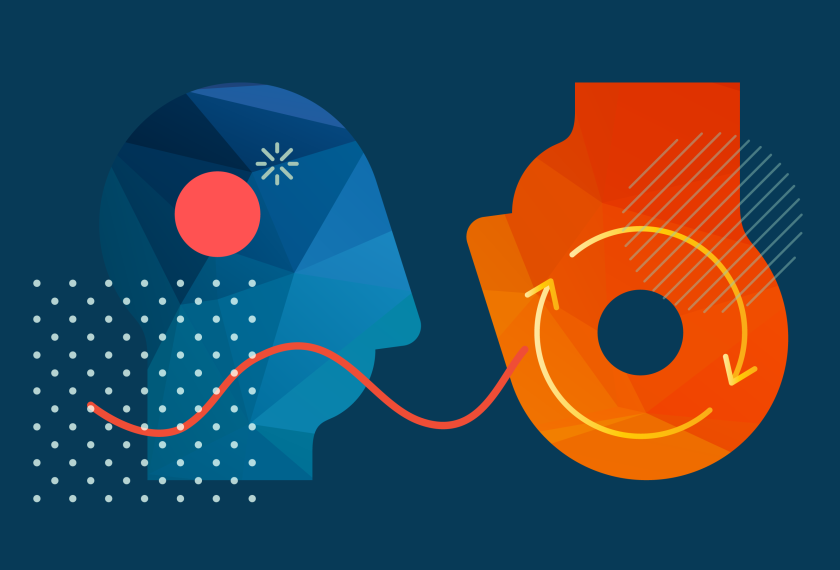More than three decades of research has shown that, when it comes to academic achievement, children who focus on effort tend to be more successful than those who focus on innate ability. The problem, though, is that many kids decide early in life that more effort isn’t, well, worth the effort. They believe people are either born smart or dumb and that no amount of work is going to change that situation. In the face of such persistent beliefs, how do you motivate kids to try harder?
Stanford University psychologist Carol S. Dweck (author of Mindset) and her colleague Lisa Sorich Blackwell have hit on one possible solution. They’ve developed a software program, called “Brainology,” that uses brain science to persuade middle school students that intelligence is a malleable, rather than a fixed trait.

Designed to be “like an owner’s manual for your brain,” the software teaches middle schoolers that when people practice and learn new skills, the areas of the brain responsible for those skills become larger and denser with neural tissue, and that new areas of the brain become active when performing related tasks. They’re taught that the brain continues to grow nerve cells, or neurons, daily, and that this process speeds up when active learning is occurring.
Studies have shown that the approach seems to help. Compared with peers in traditional classrooms, middle school students who used Dweck and Blackwell’s program improved their motivation to work harder in school and, over time, their achievement as well.
Starting this Spring, Teacher will be hosting a series of interactive book club discussions featuring prominent education authors.
Sign up for book club notifications and win a chance for a free book!
Marketed by a for-profit company called Mindset Works of San Carlos, Calif., “Brainology” may be a bit pricey for some: It costs $99 for families and $20 a student for educators who order 20 or more programs.
Could a skilled, well-informed teacher get the same results for free? That’s a question worth setting your mind to.





